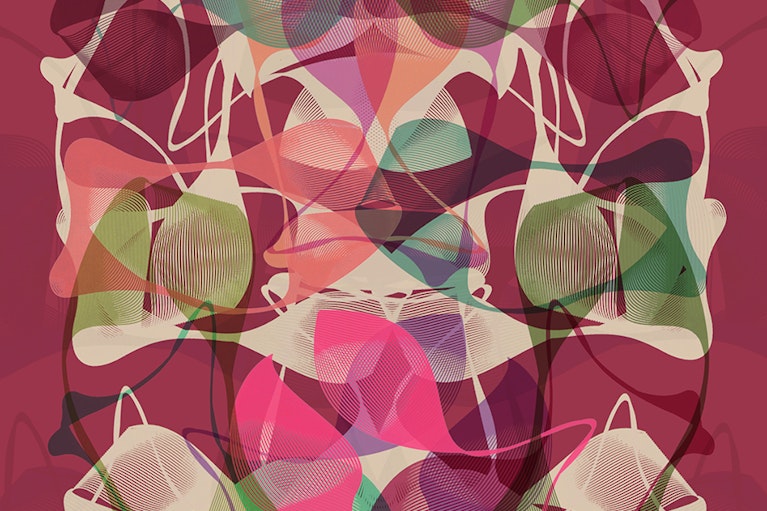Nathan Gardels is the editor-in-chief of Noema Magazine. He is also the co-founder of and a senior adviser to the Berggruen Institute.
A light has gone out in our troubled world.
Pope Francis’ humility, compassion and message of universal human dignity stood in contrast to the political tide of arrogance, jingoistic nativism and intolerance sweeping the globe. At a time of ingathering national passions, this pastor of the planet insisted on including the cosmos in the polity.
As a spiritual guide, the Argentine pope’s love of all humanity was unbounded, emphatically reaching beyond the comfortable mainstream to the most marginalized in society, especially to migrants from what he called the “peripheries,” seeking to escape their suffering for a better life in the north.
Earthly borders did not divide his global flock, all of whom are God’s children. The mission of a faith that embraces every soul equally is aptly portrayed as you walk into the Cathedral of Our Lady of the Angels in Los Angeles. On the left side of the entryway is a large mosaic map without any border between the United States and Mexico.
In all this Pope Francis was the incarnate conscience of humanity, constantly reminding us, as he wrote in his autobiography, “Hope,” that we could not be fully human unless we empathized and cared for others unlike and less fortunate than us.
What he was not was a policymaker who had to consider the complexities of governing jurisdictions constituted through a social contract of citizens with historically cultivated identities and a sense of belonging, all bounded by borders.
When it comes to what makes us human, the great pluralist philosopher Isaiah Berlin had another idea. “Just as people need to eat and drink, to have security and freedom of movement, so too they need to belong to a group,” he told me in an interview once. “Deprived of this, they feel cut off, lonely, diminished, unhappy … to be human means to be able to feel at home somewhere, with your own kind.”
The reconciliation of these two definitions of what it means to be human can only take place where the moral ballast provided by Pope Francis meets the real-life cultural and fiscal constraints of societies.
While the mean-spirited demonization of immigrants one associates with the MAGA constituency has no place in our moral universe, we should be careful not to blithely ascribe racist or xenophobic motives to a defense of belonging.
On the other side, open hearts cannot naively translate into open borders. Avoiding the backlash that invites nativism entails aligning the humanitarian impulse with the political, economic and cultural realities of host countries.
Even in a mostly sanctuary state like California, the conflicts of interest over the costs of undocumented immigration are coming to a head.
As a gaping budget deficit looms, the state is spending more on medical care extended to all undocumented adults — $8.5 billion — than on the entire California State University system with 23 campuses and 450,000 students, for which $5.4 billion is allocated from the state general fund.
CSU is the main transmission belt of upward mobility in California, the top in the nation for lifting a mostly Latino population — the children of immigrants — from poverty into the middle class. It is also the state’s social infrastructure for the future: Its students come from the local communities where the campuses are located and go back there as nurses, teachers, law enforcement officers, environmental engineers and small business entrepreneurs.
The state cannot afford both gigantic expenditures. Something must give. This conundrum for the most progressive state in the U.S. underscores the limits and constraints on political jurisdictions when facing the scale of migrant flows in the world today. A similar set of issues beset Europe as well, from the Italian heel to the shores of Scandinavia.
The passing of Pope Francis does not diminish the power of the gospel he lived. But the light he emanated must be mediated by practical politics to be effective. Bad faith results from good intentions if the capacity to fulfill moral claims is lacking.






